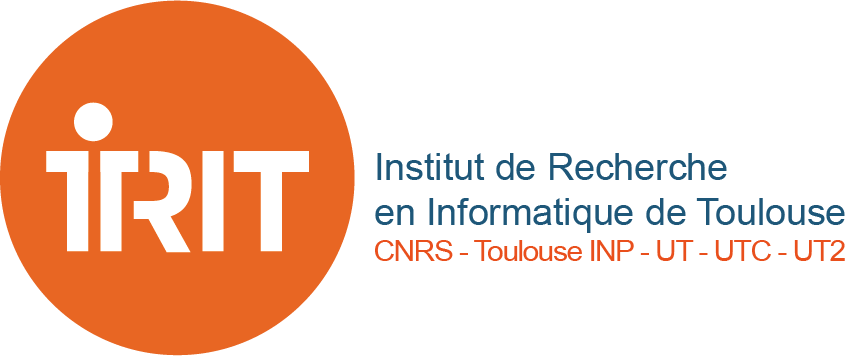Tabular and Deep Learning for the Whittle Index
Résumé
The Whittle index policy is a heuristic that has shown remarkably good performance (with guaranteed asymptotic optimality) when applied to the class of problems known as Restless Multi-Armed Bandit Problems (RMABPs). In this paper we present QWI and QWINN, two reinforcement learning algorithms, respectively tabular and deep, to learn the Whittle index for the total discounted criterion. The key feature is the use of two time-scales, a faster one to update the state-action Q -values, and a relatively slower one to update the Whittle indices. In our main theoretical result we show that QWI, which is a tabular implementation, converges to the real Whittle indices. We then present QWINN, an adaptation of QWI algorithm using neural networks to compute the Q -values on the faster time-scale, which is able to extrapolate information from one state to another and scales naturally to large state-space environments. For QWINN, we show that all local minima of the Bellman error are locally stable equilibria, which is the first result of its kind for DQN-based schemes. Numerical computations show that QWI and QWINN converge faster than the standard Q -learning algorithm, neural-network based approximate Q-learning and other state of the art algorithms.
Mots clés
CCS Concepts: Computing methodologies → Sequential decision making Machine learning Reinforcement Learning Whittle Index Markov Decision Problem Multi-armed Restless Bandit
CCS Concepts:
Computing methodologies → Sequential decision making Machine learning
Reinforcement Learning
Whittle Index
Markov Decision Problem
Fichier principal
 Tabular and Deep Learning for the Whittle Index.pdf (11.47 Mo)
Télécharger le fichier
Tabular and Deep Learning for the Whittle Index.pdf (11.47 Mo)
Télécharger le fichier
| Origine | Fichiers produits par l'(les) auteur(s) |
|---|



